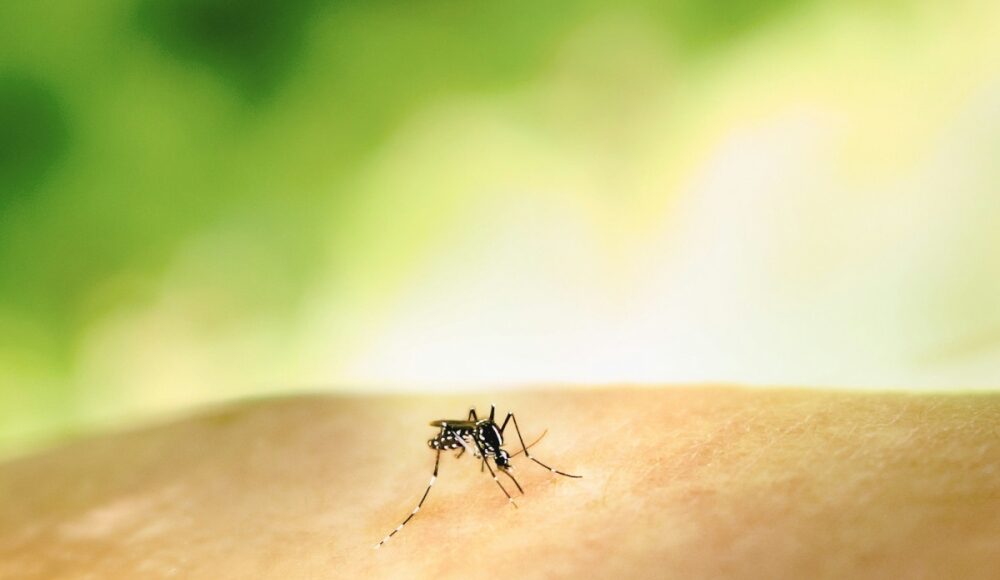JUNE 15 — Malaysia is currently experiencing prolonged periods of extreme heat, and while much of the public concern has focused on heatstroke and energy consumption, another pressing issue is unfolding quietly: an increase in mosquito activity, particularly the Aedes species responsible for dengue transmission.
These rising temperatures are not just a discomfort—they are accelerating the life cycles and disease-spreading potential of mosquitoes in ways we can no longer afford to ignore.
As a tropical country, Malaysia has always been hospitable to mosquito populations. However, heatwaves significantly worsen the situation.
Elevated temperatures shorten the time it takes for mosquito eggs to hatch, allowing larvae to mature into adults at a faster rate.
With more mosquitoes emerging in less time, local populations can surge dramatically. The heat also extends the lifespan of adult mosquitoes, offering a longer window for them to bite and spread viruses such as dengue, Zika, and chikungunya.
More worryingly, studies have shown that warmer conditions enhance the rate at which viruses replicate within the mosquito’s body.
This means mosquitoes become infectious earlier in their life, thereby amplifying the potential for outbreaks.
In addition to enhancing vector biology, the heatwave is also influencing human behaviour in ways that may inadvertently aid mosquito survival.
People are more likely to stay indoors, but often forget to eliminate small collections of stagnant water around the home, such as in flowerpots, dish trays, or clogged drains.
These become ideal breeding sites, particularly when left unattended for several days. At the same time, fewer people may tolerate fogging activities or opt to wear protective clothing in the heat, thereby reducing the effectiveness of standard preventive measures.
Heatwaves means shorter breeding, hatching, and maturing times for mosquitoes that also extend their lifespans, enabling a longer window for them to bite and spread viruses such as dengue, Zika, and chikungunya. — Unsplash pic
The data is already showing signs of escalation. As of mid-June this year, over 27,000 dengue cases have been reported nationwide.
This represents not just a seasonal spike, but a larger trend that correlates closely with rising ambient temperatures and erratic rainfall patterns.
In 2023, Malaysia saw a worrying increase in both dengue infections and hospitalisations, and if current conditions persist, 2024 may prove to be worse.
These trends underscore the complex relationship between climate change and infectious disease dynamics—a relationship that is no longer theoretical, but observable in real time.
From a public health perspective, this calls for a dual response: one that addresses mosquito control directly, and another that strengthens public awareness of the environmental drivers of disease.
Vector control must remain consistent and science-based, with improvements to drainage systems, enhanced surveillance of high-risk areas, and continuous engagement with communities to reduce breeding grounds.
Public understanding, meanwhile, must shift from viewing mosquitoes as an isolated nuisance to recognising them as indicators of wider ecological imbalance.
There are also individual actions that can help mitigate the spread of mosquito-borne diseases. Households should regularly inspect their surroundings for stagnant water, especially after rainfall or routine water use.
Applying mosquito repellents, wearing long- sleeved clothing, and installing netted barriers on windows can all reduce exposure, particularly in areas with high case numbers.
While these measures may seem basic, they remain essential tools in our efforts to control the spread of dengue.
Climate change may feel like a distant global issue, but its consequences are already here—in the form of record-breaking heat, longer mosquito seasons, and rising infection rates.
Dengue is not merely a seasonal concern; it is a climate-linked health crisis that demands immediate attention.
Though we cannot control the weather, we can control our readiness to respond.
By staying vigilant and informed, both individually and collectively, we can limit the impact of this growing threat before it overwhelms our healthcare systems and communities.
* Dr Rafidah Lani is a viral immunologist and a Senior Lecturer at the Department of Medical Microbiology, Faculty of Medicine, Universiti Malaya, and can be reached at [email protected]
** This is the personal opinion of the writer or publication and does not necessarily represent the views of Malay Mail.





